At least 10 soldiers were killed in renewed fighting in Yemen, military and government sources told AFP news agency, despite diplomatic efforts to halt the long-running war in the Arab world’s poorest country.
The clashes late on Tuesday took place in oil-producing Marib province, one of the main battlegrounds and the scene of sporadic fighting even during a lull in hostilities over the past year.
Houthi rebels attacked a mountainous area and have been engaged in a build-up of forces in the region, two military sources told AFP.
Government and military sources, as well as residents also confirmed the fighting to Reuters news agency.
The Houthis are the de facto authorities in northern Yemen, and they are known to be supported by Iran.
“The Houthis launched an attack on hills overlooking Harib district, south of Marib, and made progress on that front, causing the displacement of dozens of families,” one of the sources told AFP, speaking on condition of anonymity.
“At least 10 soldiers were killed, in addition to an unknown number of attackers,” the source added. The details of the clash were confirmed by a second military official.
Marib, which lies around 120 km east of the capital Sanaa, had been the main frontline before the UN-brokered truce was first agreed last April, as forces of a Saudi-led military coalition repelled advances by the Houthi movement bent on seizing full control of the province in central Yemen.
A spokes man for the Houthi group did not immediately respond to a request for comment on the escalation.
READ MORE: Yemen’s warring parties agree to free nearly 900 prisoners under UN deal
Humanitarian crisis
The fighting comes a month after at least four soldiers were killed in the same district, and dents new optimism after Saudi Arabia and Iran, who back opposing sides in what amounts to a proxy war, agreed to restore diplomatic ties.
An exchange of hundreds of prisoners was agreed this week and Hans Grundberg, the UN secretary general’s special envoy for Yemen, has said “intense diplomatic efforts” are underway to strike a peace deal.
The Houthis seized control of Yemen’s capital, Sanaa, in 2014, prompting a Saudi-led military intervention the following year.
The fighting has left hundreds of thousands dead, through direct and indirect causes, and triggered one of the world’s worst humanitarian crises.
But a UN-brokered ceasefire that took effect last April brought a sharp reduction in hostilities and, even though the truce expired in October, fighting has largely remained on hold.
On Monday, after talks in Switzerland, the Houthis and Yemen’s internationally recognised government agreed to exchange 887 prisoners -181 held in Houthi prisons and 706 rebels.
During a Security Council meeting last week, UN officials said the detente between Saudi Arabia and Iran -welcomed by both the Houthis and the Yemeni government- should offer momentum toward peace.
However, it is unlikely to solve all Yemen’s problems. The influence of the two regional powers is only one dimension of a complex conflict in a country fractured along confessional, regional and political lines, analysts warn.
READ MORE: Warring Yemen rivals resume UN-backed talks on prisoner exchange in Geneva

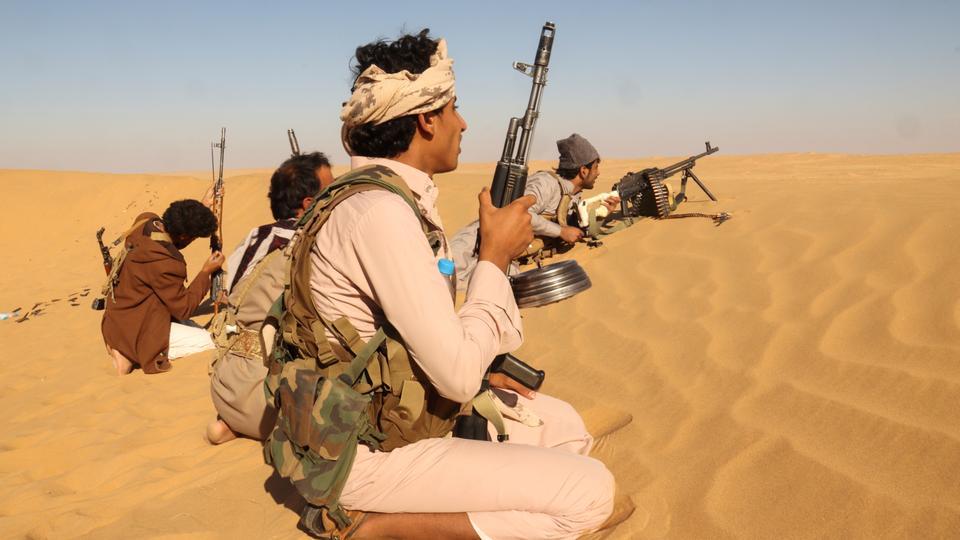

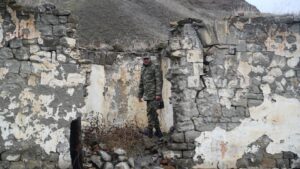


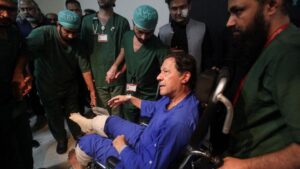
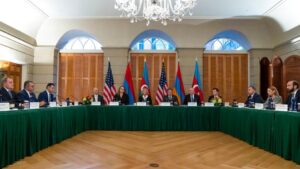

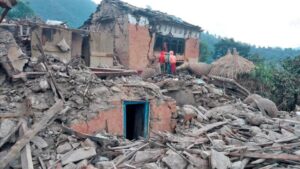

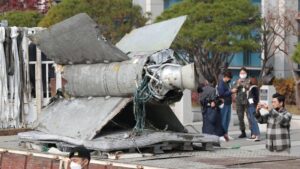
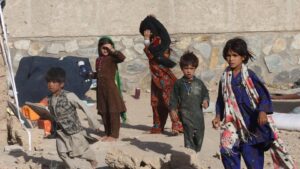



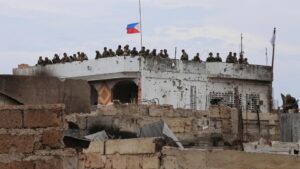
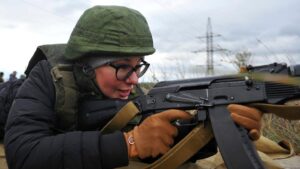

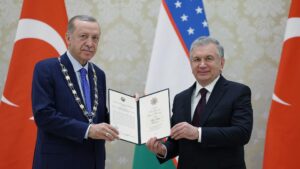
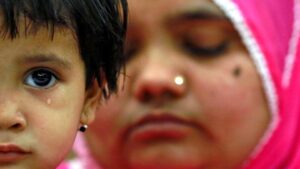



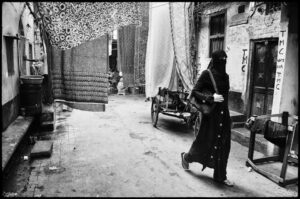

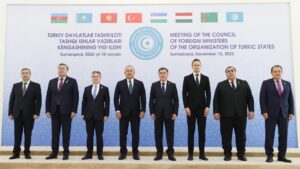
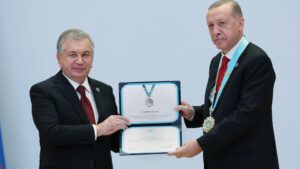
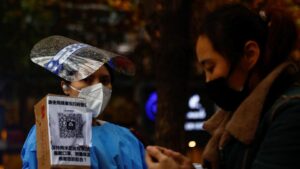


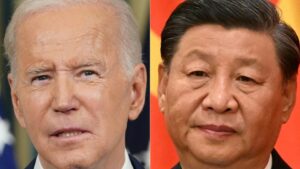
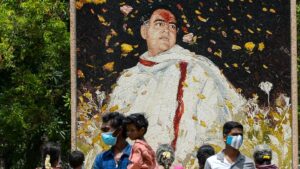

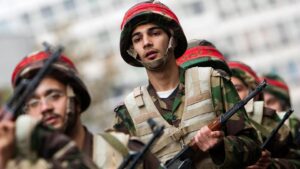
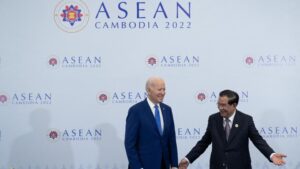
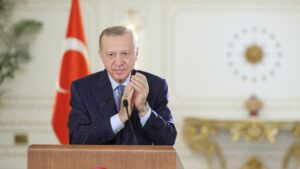

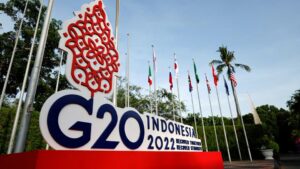
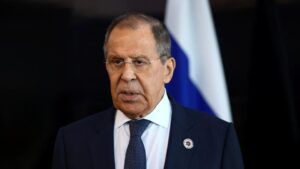


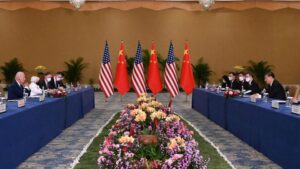
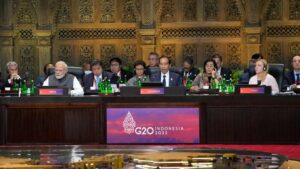


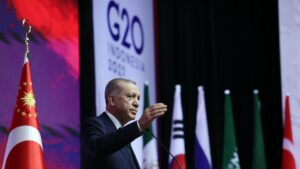


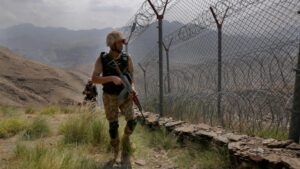
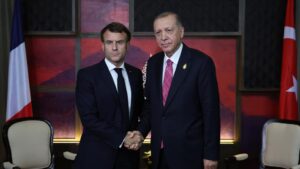

Be First to Comment